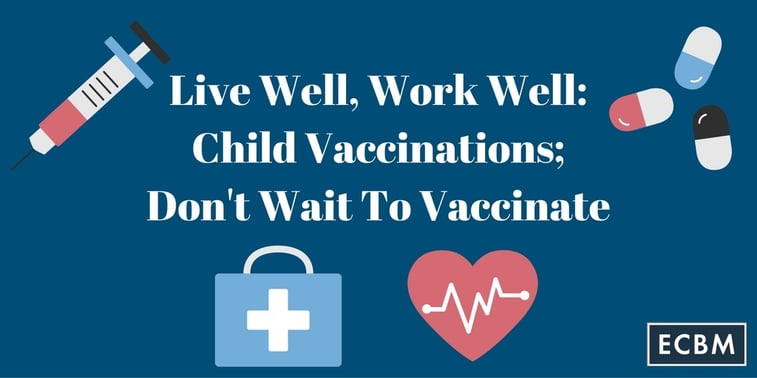Over four million babies are born in the United States every year, and the U.S. Centers for Disease Control and Prevention (CDC) recommends vaccination against 16 vaccine preventable diseases. Unfortunately, not all parents ensure their children are properly immunized.
Keeping Kids Healthy
Before vaccinations became widely available, diseases like measles, mumps and whooping cough were common in childhood, leaving thousands of children blind, deaf, brain-damaged or even dead. Today, vaccines have almost completely wiped out these major diseases.
What Is a Vaccination?
A vaccination (or an immunization) contains an imitation virus, typically a live but weakened virus, or an inactive bacteria virus, that is administered to protect against serious diseases. This virus causes the body to produce antibodies, special agents of the immune system that attack harmful elements inside the body. While fighting the imitation virus, the antibodies learn to recognize the real virus so they can attack it when the body is exposed to it. Researchers have found that live virus vaccinations seem to provide longer immunity than inactive ones.
Vaccinations are usually administered in one of two ways: orally or by injection. Doctors have found that vaccines administered orally tend to have a higher chance of side effects and allergic reactions than injected vaccines.
Possible Side Effects
Overall, vaccines are safe to administer and typically only cause minor side effects. According to the Food and Drug Administration (FDA), the risk of effects related to actually contracting a disease is much more dangerous than the risk of having a serious reaction to a vaccination. However, there have been a few cases of major reactions in small children, such as:
- Extremely high fever—A rectal temperature reading of 105 degrees or more
- Inconsolable crying—More than three hours of crying without stopping, or an abnormal cry
- Convulsions—Full-body shaking, twitching or jerking in response to a high fever
- Severe allergic reactions—Swelling in the mouth and throat, wheezing, breathing difficulties, dizziness, paleness or limpness.
Should your child suffer from any of the above symptoms after receiving his or her vaccinations, call your doctor immediately.
Researchers have found that children in day care are more likely to get sick because of all the germs and contagious diseases carried by other children.
Vaccination Facts
Although today in the United States epidemics of infectious diseases are rare, bacteria and viruses that cause many diseases still exist. These bacteria and viruses may affect people who are not protected by vaccines. Vaccinations are necessary because they can prevent repeated epidemics of infectious diseases.
Do I Need to Vaccinate?
Experts recommend that all children be routinely vaccinated. Most children in the United States are currently vaccinated as recommended, helping control infectious diseases that were common and deadly in the past.
Scientists, doctors and other health care professionals extensively test vaccines to make sure they are safe and effective before putting them on the market. In the United States, the FDA reviews all the test results to decide if it will approve a vaccine for use.
When Should I Vaccinate?
Newborns are immune to many diseases because of antibodies they have acquired from their mothers while in the womb. These antibodies only last from about a month to a year after birth, so it is best to vaccinate children when they are babies. However, you should still have your children vaccinated, even if you do not do it when they are babies or when they are very young—it is better for them to be vaccinated late than not at all.
By vaccinating your children when recommended, you will have to worry less about them becoming infected or infecting others, especially once they begin attending school, which increases their risk.
Health Insurance
Vaccinations are covered by most insurance programs, but because of their importance they are available even to those without insurance. If you are not insured and cannot afford your child’s vaccinations, contact your city, county or state health department. They can help you find a place to have your child immunized where it will be inexpensive or even free.
If you are unsure when you should take your child in for vaccinations, call your health care provider for information and vaccination schedules. More information is also available at: Centers for Disease Control and Prevention (CDC) National Immunization Hotline, 800-232-2522 or www.cdc.gov/vaccines.
This post is for informational purposes only and is not intended as medical advice. For further information, please consult a medical professional. © 2007-2008, 2011-2012, 2014 Zywave, Inc. All rights reserved.

